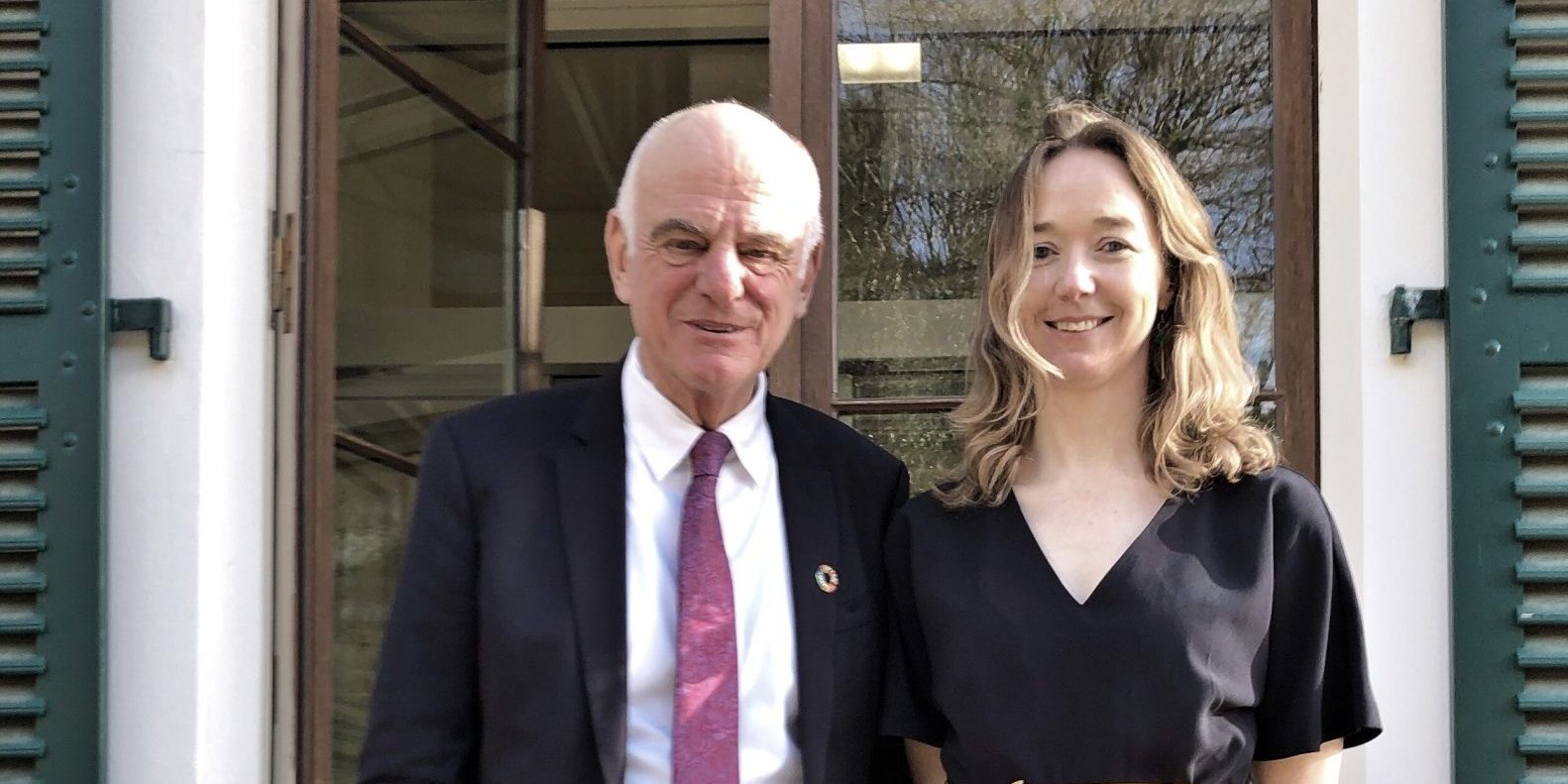Lisa O’Shea, World Vision International, and David Nabarro, 4SD Foundation reflect on a Nutrition Dialogue where International Geneva’s brightest and best opened up about the state of nutrition globally.
“Tell me how you feel” is not normally a phrase you ask people you have just met, especially when they are high-level representatives of International Geneva’s multi-lateral agencies, Member States, civil-society organisations including humanitarian, public health and technical partners, academia, and representatives of the private sector.
Yet, this is the nature and the spirit of the Nutrition Dialogues: nothing is off the table and specific comments are confidential, so there is a freedom to say what you really want. The dialogue, led by World Vision and 4SD Foundation, with support from GAIN, was held in early December at the Villa le Bocage at Palais des Nations, graciously hosted by UN Assistant Secretary-General and Coordinator of the Scaling Up Nutrition Movement Afshan Khan, and her team.
Its aim was to empower those gathered to crystallize their own roles in solving the global malnutrition crisis: around 733 million people faced hunger in 2023, with levels of undernourishment comparable to those in 2008-2009.[1]
As with every dialogue, its potential lay in the unknown:
- Would participants collaborate?
- Could they challenge each other to deeper insights?
- Could worlds colliding bring clarity on how to better tackle the scourge of malnutrition?
After several hours of frank and meaningful discussions, the ‘bell’ that rung the loudest and most often was that the narrative about nutrition must change; we need to move beyond the fragmented approach where nutrition is nobody’s business and reframe it as everyone’s business.
Why is this important?
Because the nutrition crisis is complex, and a myriad of actors need to work better, together to have a hand in tackling and ultimately ending malnutrition.
How and what people eat is as much societal and systemic as it is about food; it’s about family, fellowship, and community, and those groups changing social norms can change approaches to nutrition.
Promoting nutrition education, and improving nutrition choices and healthy diets is vital. Academia, places of worship, and other youth-focused groups need to regard delivering that information and instruction to children and young people as part of their responsibility.
Politicians often shy away from prioritising nutrition in budgets because of the high cost of nutritious foods. Yet, governments also need to recognise that nutrition bridges sectors such as health, agriculture, human rights, and more.
The private sector, especially large corporations in the processed food and tech sectors, cannot be ignored either. Their influence can create barriers to nutrition-focused policies, particularly around food marketing and access. They need to be reminded of their power for public good.
Decision-makers and industry experts around the world also need to recognise the power they have to:
- Share what works with others.
- Integrate nutrition into global agendas including biodiversity, climate change, and trade.
- Frame good nutrition for all as a fundamental human right.
- Integrate nutrition into broader economic livelihoods and development efforts, especially in fragile settings.
No one was claiming this was easy, that it wasn’t complex and challenging, but there was a signal from this community of nutrition champions that they were committed to the work that lies ahead.
Their voices will be added to the thousands of others from communities around the globe on the issue of hunger and malnutrition. These voices will be brought to attendees of:
- The Nutrition 4 Growth Summit in Paris in March 2025,
- The World Health Assembly in May 2025,
- The SUN Global Gathering in November 2025,
And to all other fora where decisions can be made to ensure that every man, woman, and child has regular access to enough nutritious food.
Perhaps, if enough dialogues are held, and enough voices heard, the narrative around nutrition will change — so that keeping people well-fed and healthy becomes everyone’s business.
[1] Hunger Numbers Stubbornly High for Three Consecutive Years as Global Crises Deepen – UN Report
World Vision International and 4SD Foundation are the Initiating Partners of the Nutrition Dialogues.










